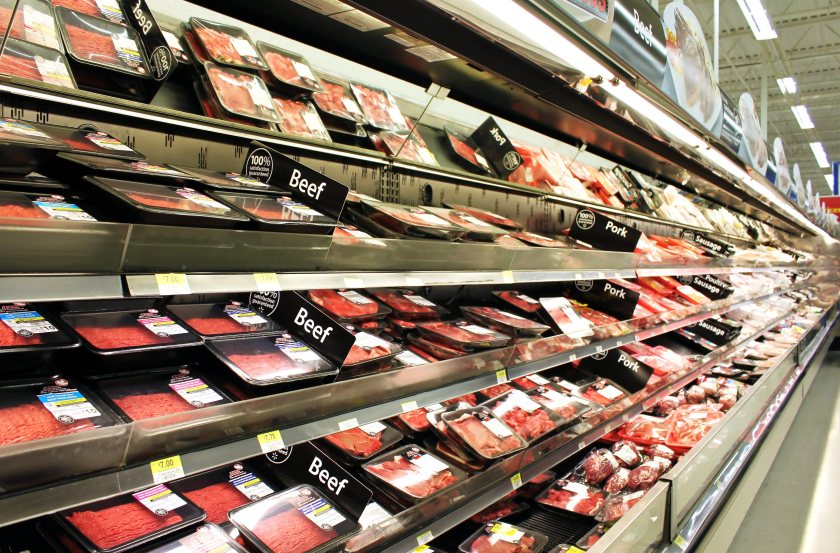Confusing food labels could backfire on farmers and shoppers, NFU warns

The government’s latest consultation reveals strong support for clearer food labelling — but confusing method of production labels could do more harm than good for farmers and shoppers alike.
The consultation on fairer food labelling, initiated by the previous government, found widespread backing for transparent country of origin and method of production labelling.
However, the NFU has cautioned that while country of origin labels are welcomed, method of production labelling risks causing consumer confusion and placing undue burdens on farms.
The consultation sought views on plans to improve transparency in food labelling. The NFU’s response emphasised the need for labels to be “clear and unambiguous” to help shoppers make informed choices.
The union's deputy president, David Exwood said: “The best labels are clear, simple and contain accurate information, including country of origin.”
The current Labour government has now published its response, highlighting majority support for informative country of origin labelling.
It noted: “We are committed to using this evidence on an ongoing basis as we consider the UK and Devolved Governments’ priorities on food labelling and information.”
Support was also strong for method of production labelling, with the government acknowledging “strong support from members of the public and many other stakeholders for the provision of clearer information for consumers on the welfare standards of their food.”
Under the previous Conservative administration, Defra proposed mandatory method of production labelling for pork, chicken and eggs, covering both domestic and imported goods.
The proposals included a five-tier system indicating standards such as stocking density, outdoor access, and enrichment.
Despite this, Mr Exwood warned that such labelling “doesn’t necessarily indicate the level of welfare involved, particularly if multiple farming systems are being used.”
“Although we support greater transparency, method of production labelling risks causing unnecessary confusion for the public and carry an unreasonable burden to food and farming businesses,” he added.
The government has pledged to consider all feedback as it continues policy development in collaboration with farming and food industry stakeholders.
It intends to incorporate method of production labelling reform within a broader approach to animal welfare and the wider food strategy, while working closely with devolved governments.
Mr Exwood reiterated the NFU’s position: “The best labels are clear, simple and contain accurate information, including country of origin.
"This then enables shoppers to get the information we know they want and select products that are produced to high animal welfare and environmental standards.
“When it comes to imports, we need to safeguard our own high standards from products that are produced under conditions that would be illegal in the UK.
"That’s why government must enshrine a set of core environmental and animal welfare standards in law for all agri-food imports."








